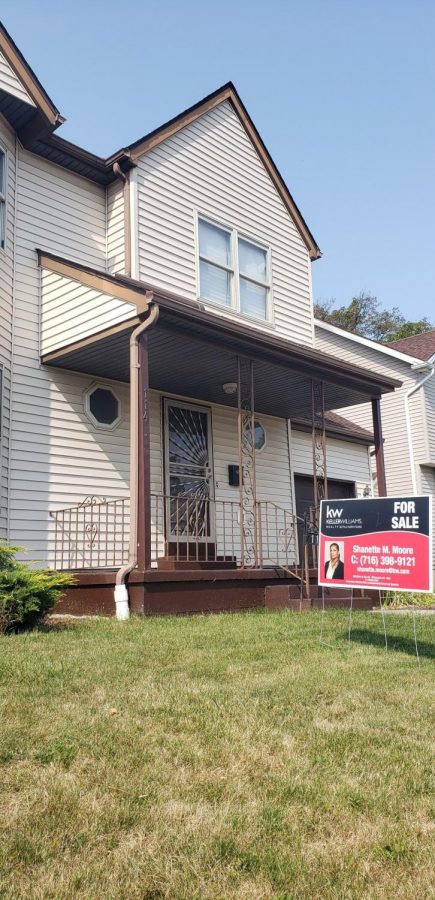The city Buffalo, once called The City of The Dead or The Dawn of The Dead City, now is on the rise again with a flourishing development in its real estate business.
September 26, 2020
The ancient city, filled with rich history, was the eighth-largest city in America in the 1900s.
Later, in 2008-2019, it was named the dead city by Robert Mark Silverman, Li Yin, Kelly L. Patterson, researchers of University at Buffalo.
Their objective was to investigate housing vacancy patterns in Buffalo, NY, and found out that there was a heightened percentage of black residents, raised poverty rates, and everlasting abandoned houses.
The data evaluations used were HUD Aggregate USPS Administrative Data on Address Vacancies, the American Community Survey (ACS), -which collected and estimated five years of data from 2005–2010-, housing choice voucher (HCV)- that was documented from local public housing agencies.
These vacant zombie properties are finally coming back to life and are continuously
sold out. Due to the pandemic and its lockdown, many New Yorkers are moving to Buffalo, and with the help of the Trump stimulus check, they are buying all these zombie houses.
According to the licensed real estate salesperson at Keller Williams, Ayat Nieves, these New Yorkers are people of Bangladeshi ethnicity.
“I able to sell more than 19 houses this year mostly on the east side- Key, Filmore,
Vermont, Genesee,” Nieves said. “And each of the pricing of the houses has doubled or tripled, particularly in low-income housing neighborhoods.”
He said this transformation is affecting Buffalo’s economy in different ways. On the
negative side, because these Bengalis are moving into these communities, taxes have increased, which is troubling the underprivileged neighbors of the east side community as they are unable to pay those increased taxes.
But on the positive side, because these Bangladeshis are moving here, the east side is growing. Halal restaurants, department stores, real estate, and other businesses, opened by these Bengali investors, are triggering Buffalo’s financial system to expand, develop, and cultivate.
Bengalis, who bought houses for $2000-5000, 10 years ago, are now selling their homes for an estimation of $130,000 for each house.
“Buffalo is becoming more diverse each day as people of different ethnicities are coming here,” Nieves said.
Another real estate premier agent of Zillow, David Sentora, said pricing for houses went up roughly 130% in 2020 compared to the last 10 years.
This is a great leap for the no longer dead city.
“It’s great that Buffalo is finally expanding again; the more people come here, the better
for us,” Sentora said. “I don’t believe that Bengalis are abusing the Trump check, there’s going to be abuse everywhere no matter what.”





Tahmina • Sep 28, 2020 at 5:34 pm
This is a very informative article. It’s true that lately Buffalo has been getting new residents. Mostly Muslims from NYC.
Amzad • Sep 28, 2020 at 2:57 pm
Very resourceful insider information on the former and current real estate market in Buffalo. Supporting evidence kept me engaged throughout the entire read, I like how the writer includes details about the diversity of the community.
Ikram Rouf • Sep 28, 2020 at 2:09 pm
Very interesting read. Informative and short. excellent writing